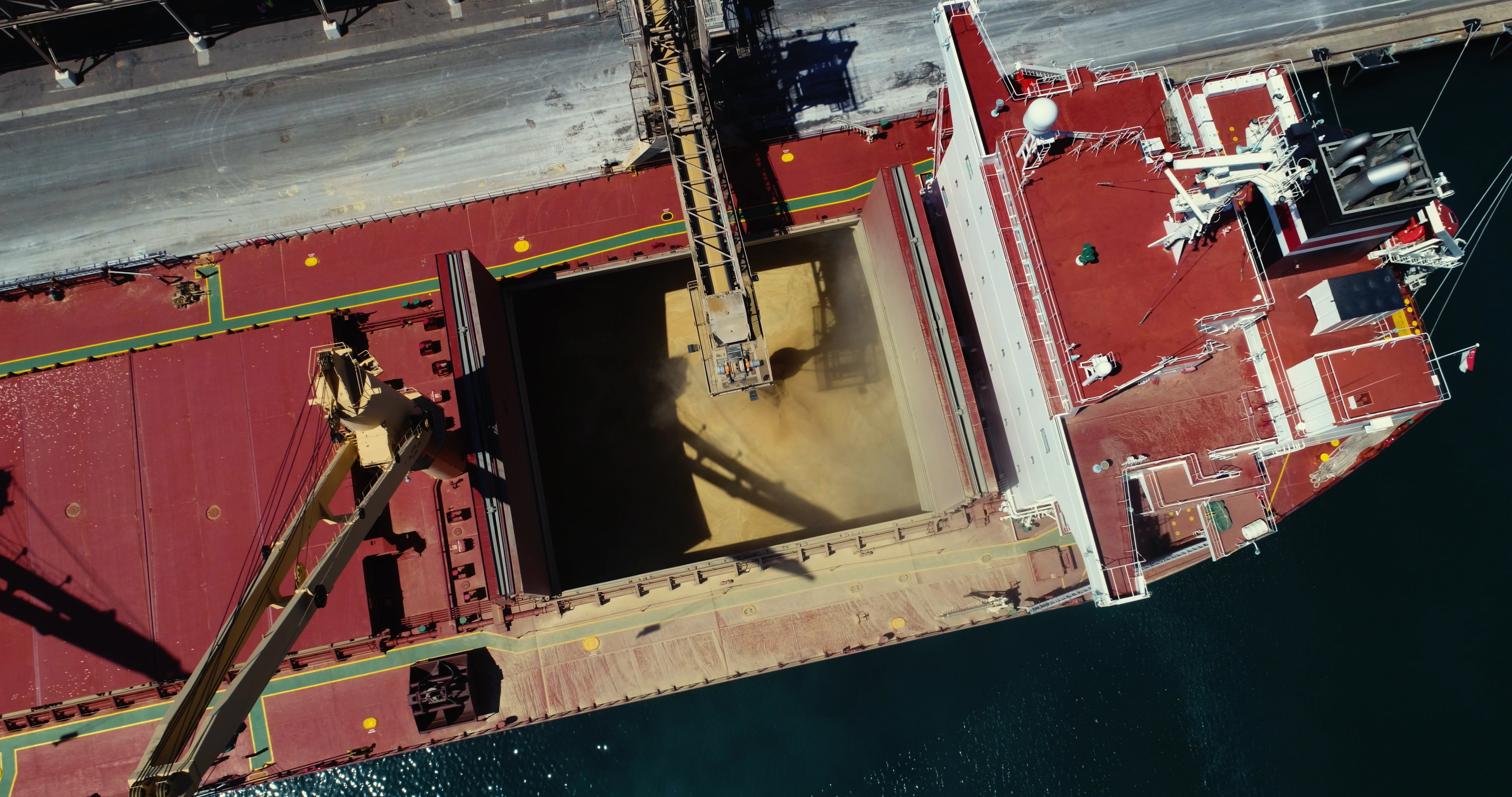
When it comes to cargo claims, a bit of time, patience and effort can bear fruit.
An incident occurs aboard the bulk carrier your company has chartered to transport a perishable commodity from Port A to Port B. Perhaps a bilge tank ruptures, damaging wheat stowed near the bottom of the hold. Or a hatch cover leaks, thereby contaminating the soy cargo with salt water. Or the vessel’s crane wire snaps, cascading metal fragments into a hold loaded with high-quality organic corn.
Upon learning of the damage, your immediate commercial instinct is to demand compensation from the vessel owner. If that fails, your next instinct is to demand security (typically a letter of undertaking (LOU)) from the vessel owners’ P&I Club, which are frequently issued. There are however occasions when the vessel owner and/or its P&I Club turn a deaf ear to a charterer’s reasonable demands for compensation and/or for security, especially if deemed de minimis, and/or if there exists a string of charterparties between the charterer and the head owner, who may be immune to commercial pressure. But from that delay and/or refusal by a head owner or its P&I Club to redress the matter can arise an opportunity, provided patience and prudence prevail.
Start with prudence. A charterer presented with a cargo loss must act prudently. Regardless of how the damages will eventually be assessed, it must take reasonable steps to mitigate its losses, even if those mitigation steps result in the charterer incurring costs (known as “incidental damages”). Take the example of the snapped hoisting wire cascading metal shards into the hold stowed with organic corn. In order to successfully prosecute its claim against the head owners, the charterer should mitigate its losses, which may entail sifting the cargo, incurring extra warehouse fees and transporting the damaged corn to the storage facility where the mitigation efforts are to occur, all of which are recoverable, but all of which must be fronted before eventually marketing the corn, which may also require locating and contracting with a new end buyer, if the initial buyer rejects the corn due to the contamination. All reasonable steps to decontaminate, repackage, clean, repurpose and resell the corn should be taken, even if this will result in the charterer incurring additional costs.
Mitigation, however, in addition to cost, takes time. But rather than time being viewed as a financial burden, dedicating the time and effort to properly mitigate one’s losses can, on occasion, constitute a form of investment in the claim itself. Typically, a charterer, who is also often the trader, will feel financial pressure to close out the trade, record the profit and loss, and move on to the next trade. As such, charterers will often accept a settlement payment from a head owner to quickly resolve the dispute. However, in the event that a vessel owner, and/or its P&I Club, does not expeditiously address a claim for damages, it exposes itself to losses that, by their very nature, may take time to accrue.
Under US maritime law, a vessel owner who is liable to a charterer for cargo damage can be held liable for the difference between the fair market value of the commodity at its destination in the condition in which it should have arrived and its fair market value in the condition in which it did arrive, plus reasonable incidental damages. M/T Swarna Mala, SMA No. 4236, (2014), confirmed by Hess Corp. v. Dorado Tanker Pool, Inc., 2015 AMC 1432.
Further, under the fair market value rule, “an implicit premise … is that the injured party’s duty to mitigate would have been satisfied by selling the distressed goods upon receipt for fair market value … the [charterer’s] efforts, if any, to recondition the distressed goods rather than reselling them immediately are irrelevant to the computation of direct damages”. Hess Corp.
There is an inherent tension between incurring, and recovering, incidental expenses to recondition the cargo and immediately selling same to take advantage of the fair market value rule. But selling a damaged cargo for fair market value may take time and indeed some effort. There may be no immediate resale opportunity. The prudent charterer will therefore incur, when necessary, incidental expenses to refurbish a damaged cargo, while keeping in mind that the bulk of the recovery will, ideally, be the difference between the fair market value pre and post the contamination event.
The longer a vessel owner refuses to deal with the loss that results from its breach of the charterparty, the more incidental damages may accrue in an effort to sell the product in its damaged condition, thereby crystalizing the recoverable quantum based on a diminution of value. As such, charterers would be well served to take a measured approach to cargo losses, to question the initial instinct to promptly settle the matter and/or to accept less than the future value of the claim. Otherwise, charterers may run the real risk of leaving money on the table to which they may have otherwise been entitled.




